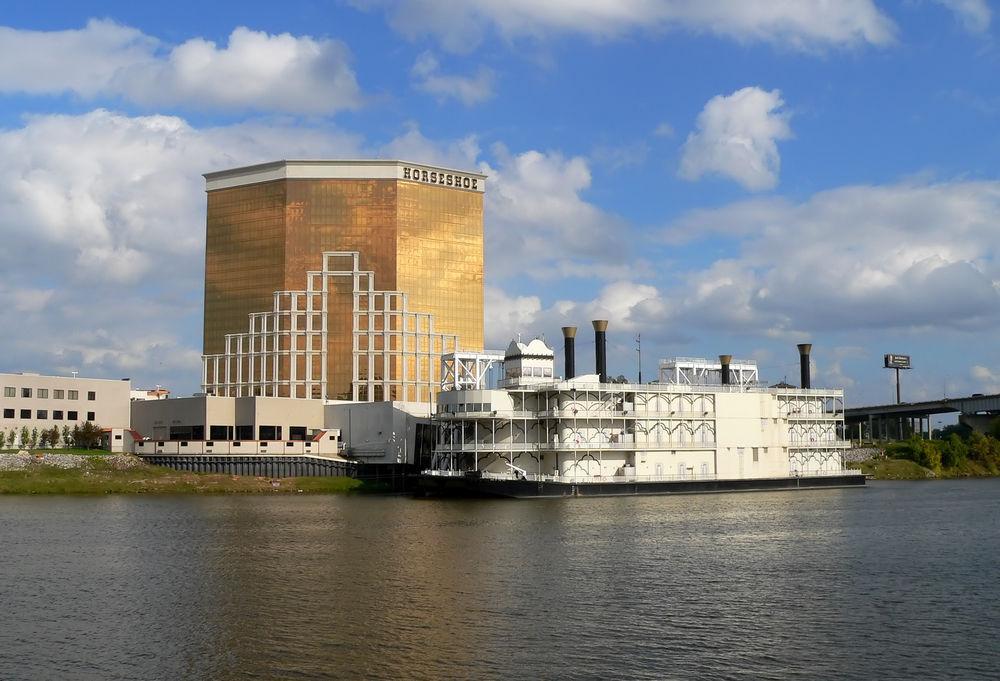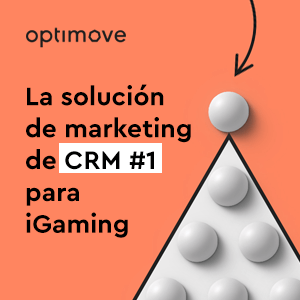Zona de Azar USA – Analysis: Louisiana Casino Industry Decline Raises Concerns

USA.- July 30th 2019 www.zonadeazar.com Legal gambling has not been a growth industry in Louisiana for more than a decade. But the steady decline over the past year or so, including double-digit drops in multiple markets, raises serious concerns about the health of a business sector crucial to state finances.
“It’s concerning because the state relies on this revenue,” said Ronnie Jones, chairman of the Louisiana Gaming Control Board. “If you see a trend in an industry sector like this, you have to pay attention to it.”
Every casino in the state took in less money in June than the same month last year except one, Bossier City’s Margaritaville, which was up 0.6 percent. The Baton Rouge, Lake Charles and Shreveport/Bossier City markets all were down at least 10 percent year-over-year.
For gambling opponents, this is good news. They say gaming takes far more out of the economy than it puts in, and the sooner Louisiana weans itself from its gambling dependence, the better.
But as things stand now, gaming plays a necessary role in balancing the state budget, covering expenses other taxpayers would otherwise have to pay for or do without, proponents say.
Though it varies from year to year, casinos are worth more than $700 million annually to the state. Add up all forms of legal gaming, including the lottery, and you get something close to $1 billion for a state general fund of less than $10 billion.
Louisiana casinos pay an effective tax rate of 26 percent on gross revenue: 21.5 percent to the state and 4.5 percent to locals. By comparison, a Mississippi casino in nearby Bay St. Louis pays 11.6 percent, according to a recent study by Spectrum Gaming Group.
The industry also pays all the same taxes other businesses pay, says Louisiana Casino Association Executive Director Wade Duty, but is not eligible for tax breaks or job-creation incentives other businesses routinely get. And the competition for the gaming dollar is fierce.
“It’s a much more competitive market today than when gambling was first legalized in the state,” Jones said. “Even over the last five years, the market has tightened up considerably.”
Tribal casinos in Oklahoma draw gamblers that in years past frequented casinos in Shreveport/Bossier City, once the state’s leading market. Legal sports betting, still a political no-go in Louisiana, attracts customers to Mississippi that might otherwise visit New Orleans.
Indoor smoking bans, whatever their public-health merits, correspond to about a 15 percent decline in revenue in Baton Rouge and New Orleans casinos, industry representatives say. Louisiana’s “riverboat” casinos haven’t cruised an inch since 2001, but state law still essentially keeps them tethered to docks on certain approved waterways.

The Horseshoe Hotel and Casino in Bossier City, Louisiana.
Lori Martin | Shutterstock.com
Pretty much any new wrinkle casinos want to offer customers requires approval from state lawmakers who are happy to spend gaming revenue but often less enthusiastic about helping the industry succeed. An attempt to move one of the state’s casinos from Bossier City to a new market on the Northshore was killed by a legislative committee.
“Other states are getting much better at recognizing this is not your grandfather’s gaming industry.” Duty said. “It makes it difficult to compete when you’ve got a product that is still pretty much in the same format as when we began gaming 25 years ago.”
While Harrah’s in New Orleans currently runs the only land-based casino in Louisiana, not counting slots at racetracks, last year legislators changed the rules to allow riverboat casinos to move inland slightly. Not having to worry about maritime safety and maintaining large “boats” that don’t actually sail might encourage owners to upgrade their facilities and expand their offerings, regulators hope.
Younger consumers have less interest in slots and table games than previous generations and are more attracted to non-gaming entertainment, the Spectrum report says. In Las Vegas, non-gaming revenue already exceeds gaming revenue, Jones said, a trend he would like to see Louisiana’s industry embrace.
But the industry faces a dilemma: It’s hard to compete without investing more in their properties, and it’s hard to justify the investment when the ROI is so uncertain in the current environment. As the industry consolidates, why would an owner invest in Louisiana when it can focus its resources on a state with lower taxes, less restrictions, and friendlier lawmakers?
“If you really wanted a formula about how to restrict an industry, Louisiana would be your poster child,” Duty said.
Spectrum Gaming Group recently created a study for Louisiana Economic Development that made a number of suggestions to boost revenue from the state’s gaming industry, all of which would require lawmaker approval. Here are some of those recommended changes:
• Allow two of the Shreveport/Bossier City licenses to move, one to the Northshore, and one to northeast Louisiana. Lawmakers already have blocked the Northshore move once, and Jones said legal gambling in northeast Louisiana is unlikely “as long as we live” because of local political opposition. Local voters have to approve before gambling can be expanded to a new market.
• Allow casinos to sell some of their maximum allowed 2,365 gaming positions, which theoretically would ensure each market has the optimal number.
• Legalize sports betting.
• Allow internet gaming.
• Stop taxing free promotional gaming credits.
• Reduce the amount of revenue, currently 35 percent, the Louisiana Lottery is required to transfer to the state. This would allow the lottery to offer more games and better payouts, ultimately leading to more revenue, according to Spectrum.
• Expand regulatory staff.
Edited by: @MaiaDigital (Twitter) www.zonadeazar.com












































